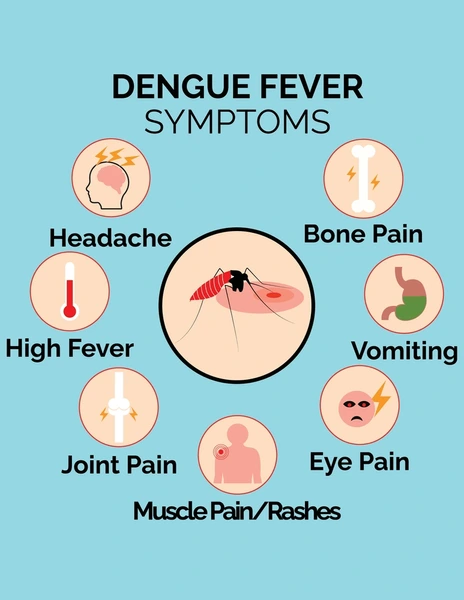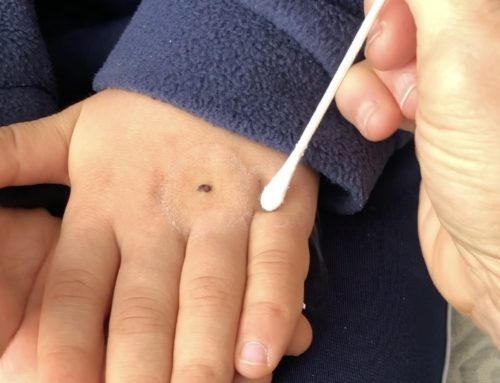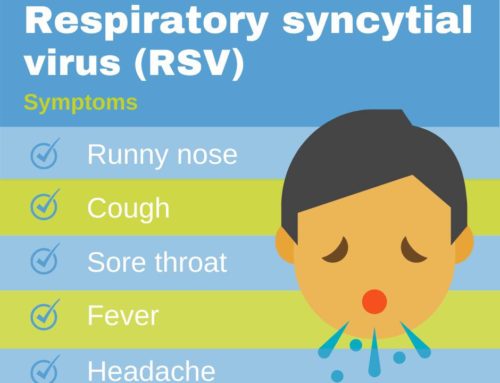Right behind LA county, Orange county currently has the second highest number of cases of Dengue in 2024 (over 30 cases year to date).
What is Dengue?
Dengue is a viral infection transmitted by mosquitoes, endemic in over 100 countries, primarily in tropical and subtropical regions, including parts of Southeast Asia, the Pacific Islands, the Americas, Africa, and the Caribbean. Reported cases have increased more than 30-fold in the last 50 years, with millions of infections occurring annually.
Key Facts About Dengue:
- The mosquitoes carrying the Dengue virus also spread diseases like Zika and chikungunya. These mosquitoes thrive in urban environments, increasing the risk of transmission in densely populated areas.
- Dengue symptoms range from mild fever and joint pain to severe Dengue (also known as Dengue Hemorrhagic Fever), which can lead to shock, internal bleeding, and organ failure. Severe Dengue poses a higher risk of death, especially in children.
- There is no specific antiviral treatment for Dengue.
- Changes in global climate patterns are expanding the geographical range of Aedes mosquitoes, enabling Dengue transmission in previously uncommon areas. Warmer temperatures and increased rainfall create ideal breeding conditions for mosquitoes.
- While a vaccine exists, its use is limited. It is recommended only for individuals who have already been exposed to Dengue, as it may increase the risk of severe Dengue in those who have never been infected. This makes mass vaccination campaigns challenging.
Symptoms of Dengue:
Probable Dengue Fever:
Fever (up to 40°C) plus two or more of the following:
- Nausea and/or vomiting
- Rash (red and confluent dots and blotches)
- Leukopenia (low white blood cells)
- Aches and pains (commonly referred to as “break-bone” fever) in arms and legs
- Positive tourniquet test (performed by doctors)
- Retro-ocular headache (pain behind the eyes)
Dengue Fever with Warning Signs:
Dengue fever plus at least one of the following:
- Abdominal pain or tenderness
- Persistent vomiting
- Mucosal bleeding (from nose or gums)
- Lethargy or restlessness
- Hepatomegaly (enlarged liver)
- Increased hematocrit (signs of fluid loss)
- Thrombocytopenia (low platelet count)
- Pleural or peritoneal effusion (fluid in the lining of the lungs or abdomen)
How to Prevent Dengue:

Eliminate Mosquito Breeding Sites:
- Remove standing water: Regularly empty and clean containers like flower pots, buckets, pet dishes, and tires that can collect water.
- Cover water storage: Ensure water tanks and containers are tightly covered.
- Clean gutters: Keep roof gutters free of debris to prevent water accumulation.
- Change water regularly: Refresh water in vases, birdbaths, and fountains frequently.
Use Mosquito Repellents:
- Repellents with DEET, picaridin, or oil of lemon eucalyptus are commonly recommended.
- Apply on exposed skin and clothing, especially during the day when Aedes mosquitoes are most active.
- Reapply regularly** to maintain protection according to the instructions.
Wear Protective Clothing:
- Cover exposed skin: Wear long-sleeved shirts, long pants, socks, and shoes to reduce mosquito exposure.
- Wear light-colored clothing: Mosquitoes are attracted to dark colors, so light-colored clothing makes you less attractive to mosquitoes.
Use Insecticides:
- Indoor spraying: Use indoor insecticide sprays, especially in corners and dark areas where mosquitoes may rest.
- Mosquito coils and vaporizers: Effective indoors, but use according to safety guidelines.
- Larvicides: In areas where standing water cannot be eliminated, larvicides can kill mosquito larvae.
Community Involvement:
- Public awareness campaigns: Educate communities about the importance of reducing mosquito breeding sites.
- Community clean-ups: Participate in or organize neighborhood clean-ups to remove potential breeding areas.



